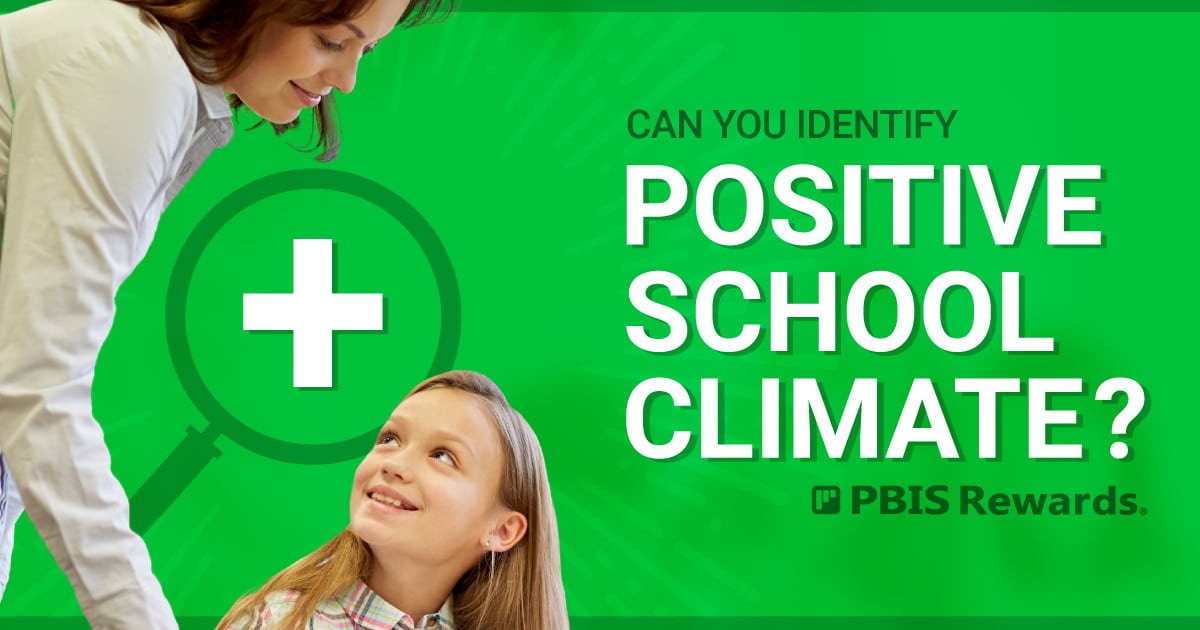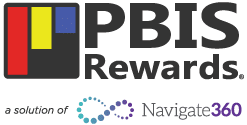One of the keys to a successful school year is a positive school climate.
Made up of a mix of intangible and tangible resources, school climate is often the single most important factor in the success of a school. Positive school climate improves student achievement, teacher retention, mental and behavioral health, office referrals, and community perception.
The National School Climate Center has identified 13 different aspects that are necessary to produce a healthy school climate. This Comprehensive School Climate Inventory (CSCI) is a tool that can help schools to determine where they stand in terms of climate.
How your students, staff, and parents view your school influences success, both immediately and in the long-term. But what does positive school climate look like for each of these groups?
Students and Positive School Climate
When you have a positive school climate, often the first people to feel its effects are the students. Along with a sense of physical safety, students have supportive relationships with other students as well as with teachers. They are actively engaged in learning, working to the best of their ability and seeking assistance when they struggle.
School administration promotes this atmosphere by employing a definitive set of written rules that treat students fairly and equally. Disciplinary encounters are typically viewed as an opportunity for learning and improvement. Students with struggles and challenges receive support and assistance through school or community resources.
Teachers and Positive School Climate
Teachers in a positive school climate typically experience good relationships with students and engage in two-way, parent-teacher communication with families. Their classrooms are an appropriate size for the number of students they have, and they have access to the materials and equipment necessary for teaching. They also have good communication with administration and leadership teams.
Teacher retention rates in a positive school climate are higher, as well, because students and administration view teaching staff as valued members of the school. Professional development workshops help to develop the skills needed to handle student challenges, whether they are academic, behavioral, or social. Schools with a positive climate also give their staff resources to turn to for support, often in the form of teams, mentors, management, and services.
Families and Positive School Climate
Families play a role in positive school climate, as well. Their support of school staff and the school’s behavioral goals extends into students’ home life. Parents work in partnership with teachers to support their child’s learning and maintain two-way communication with the school. They also are supportive of school discipline policies and work to encourage positive and appropriate behaviors in the home.
When students know that the school and their parents are working together to support academic and behavioral learning, they feel secure.
The School Community and Positive School Climate
Safety and security are important in maintaining a positive school climate. Students respond to a safe, clean, and comfortable physical environment, and families feel secure sending their children to school. Teachers and other school staff feel increased morale and job satisfaction in a school that is physically secure and suitably maintained.
Another aspect of positive climate in the school community is the acceptance and respect of differences, including those of a cultural, racial, or religious nature, or those involving sexual orientation, learning ability, or economic status. This acceptance and respect is apparent in the conversations that take place when difficulties arise. Students feel comfortable addressing their challenges in the supportive environment of a positive school culture.
Building Positive School Climate with PBIS
School climate is the natural result of a school’s culture. Developing and promoting a positive culture through PBIS creates a positive climate.
A PBIS initiative emphasizes supports, interventions, and preventative practices to create a safe and positive school climate. Students develop lifelong behavioral skills and achieve higher levels of academic success. Teachers benefit from improved classroom management techniques and increased instructional time. Families and the community at large gain from students’ improved social and behavioral skills.
Implementing a PBIS initiative takes planning and sustained focus. Fortunately, PBIS Rewards can help by putting a digital token economy right at your fingertips. Administration and management of a PBIS initiative can be simple with data updated in real time, customizable reports, and an easy method of recognition and awarding points.
A PBIS initiative helps to create an atmosphere of positivity and can help students to become more successful academically, socially, and emotionally. Let PBIS Rewards help you to create this powerful change in your school!


